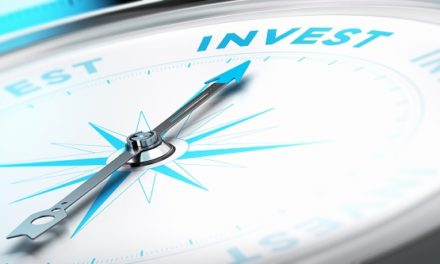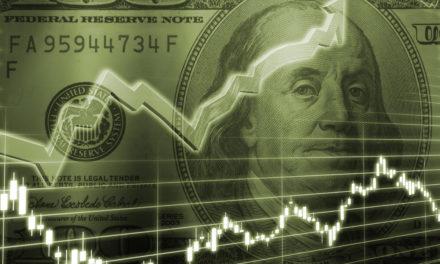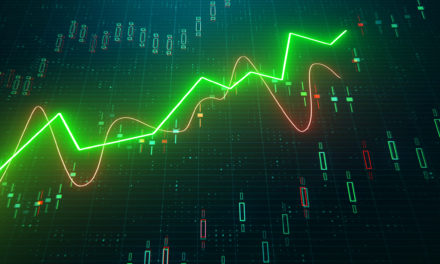
“When we own portions of outstanding businesses with outstanding managements, our favorite holding period is forever.”
— Warren Buffett
The investment philosophy practiced by Warren Buffett calls for investors to take a long-term horizon when making an investment, such as a twenty year holding period (or even longer), and reconsider making the investment in the first place if unable to envision holding the stock for at least five years. Today, we look at how such a long-term strategy would have done for investors in Cooper Companies, Inc. (NYSE: COO) back in 1999, holding through to today.
| Start date: | 09/10/1999 |
|
|||
| End date: | 09/09/2019 | ||||
| Start price/share: | $13.53 | ||||
| End price/share: | $297.68 | ||||
| Starting shares: | 739.10 | ||||
| Ending shares: | 755.85 | ||||
| Dividends reinvested/share: | $1.13 | ||||
| Total return: | 2,150.02% | ||||
| Average annual return: | 16.83% | ||||
| Starting investment: | $10,000.00 | ||||
| Ending investment: | $224,816.33 | ||||
As shown above, the twenty year investment result worked out exceptionally well, with an annualized rate of return of 16.83%. This would have turned a $10K investment made 20 years ago into $224,816.33 today (as of 09/09/2019). On a total return basis, that’s a result of 2,150.02% (something to think about: how might COO shares perform over the next 20 years?). [These numbers were computed with the Dividend Channel DRIP Returns Calculator.]
Always an important consideration with a dividend-paying company is: should we reinvest our dividends?Over the past 20 years, Cooper Companies, Inc. has paid $1.13/share in dividends. For the above analysis, we assume that the investor reinvests dividends into new shares of stock (for the above calculations, the reinvestment is performed using closing price on ex-div date for that dividend).
Based upon the most recent annualized dividend rate of .06/share, we calculate that COO has a current yield of approximately 0.02%. Another interesting datapoint we can examine is ‘yield on cost’ — in other words, we can express the current annualized dividend of .06 against the original $13.53/share purchase price. This works out to a yield on cost of 0.15%.
Another great investment quote to think about:
“The investor’s chief problem, even his worst enemy, is likely to be himself.” — Benjamin Graham



